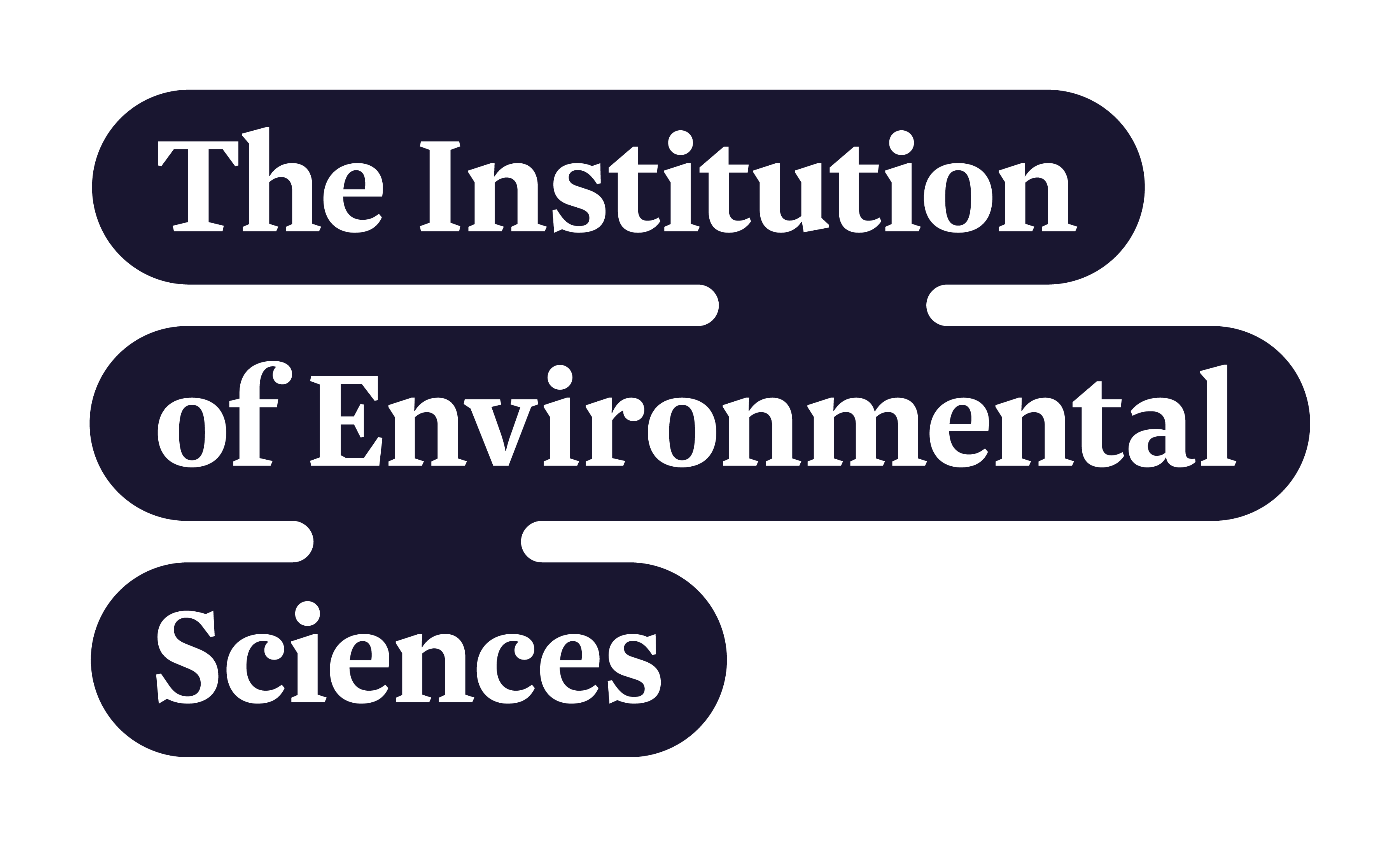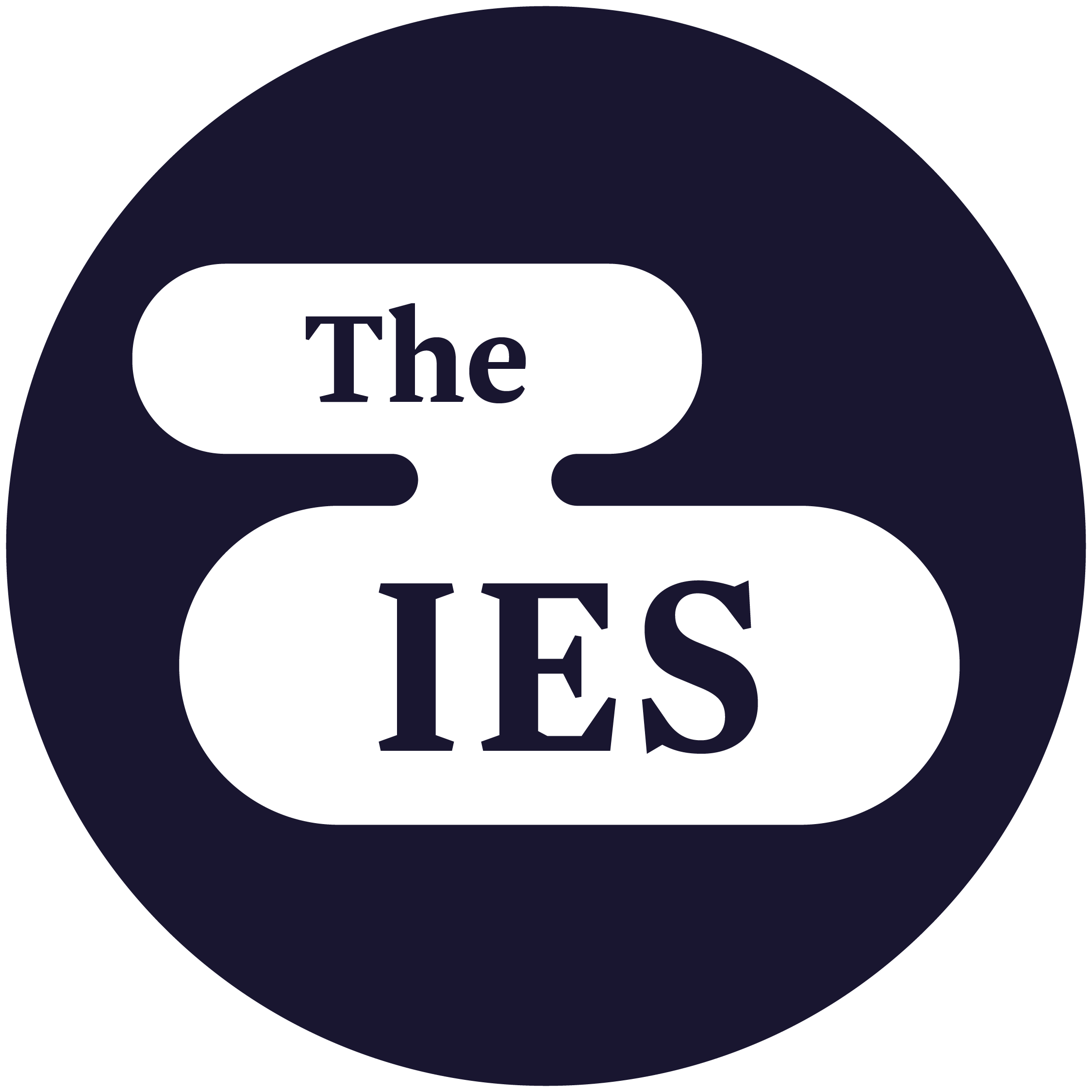They walk among us: The rise of citizen science

Whilst the traditional sciences have been recognised for decades, it was only with the emergence of serious environmental problems in the mid-20th century that environmental science was professionalised. But now, a minor revolution is taking place, and the environmental sciences are leading the way. In the last few years, the introduction of portable technologies such as GPS and image processing has allowed curious non-experts, ‘citizens’, to get involved, collecting data with little more than a smartphone. This, along with social media connecting people worldwide, means that researchers can be aided by large, widespread teams. Citizen science does, however, have its critics, who question data quality or participant motivation. This issue highlights examples of exciting and innovative citizen science successes, but also seeks to address some of these concerns.
- Citizen science: a research revolution? - Carolyn Roberts
- Citizen science - where has it come from? - Dominic Sheldon and Robert Ashcroft
- Bat Detective: citizen science for eco-acoustic biodiversity monitoring - Rory Gibb, Oisin Mac Aodha and Kate Jones
- The impact of citizen science on research about artificial light at night - Sibylle Schroer, Oscar Corcho and Franz Hölker
- Marine debris data: turning scuba divers into citizen scientists - Domino Albert
- The motivations of volunteers in citizen science - Gitte Kragh
- The riverfly monitoring initiative: structured community data gathering informing statutory response - Daniele Di Fiore and Ben Fitch
- Building a new biodiversity data infrastructure to support citizen science - Rachel Stroud and Ella Vogel
- Sustainable travel plans in primary schools - Lindsey Coates
- Citizen observatories for effective Earth observations: the WeSenseIt approach - Suvodeep Mazumdar et al.
- Promoting freshwater sustainability through citizen science - Steven Loiselle
- Drought Risk and You: engaging citizen scientists in drought research - Emma Weitkamp, Natasha Constant, Sarah Ayling and Lindsey McEwen
- Data quality in citizen science - Yolanda Wiersma, Jeffrey Parsons and Roman Lukyanenko
Volume: 25.2
Header image credit: © Gail Johson via Adobe Stock


